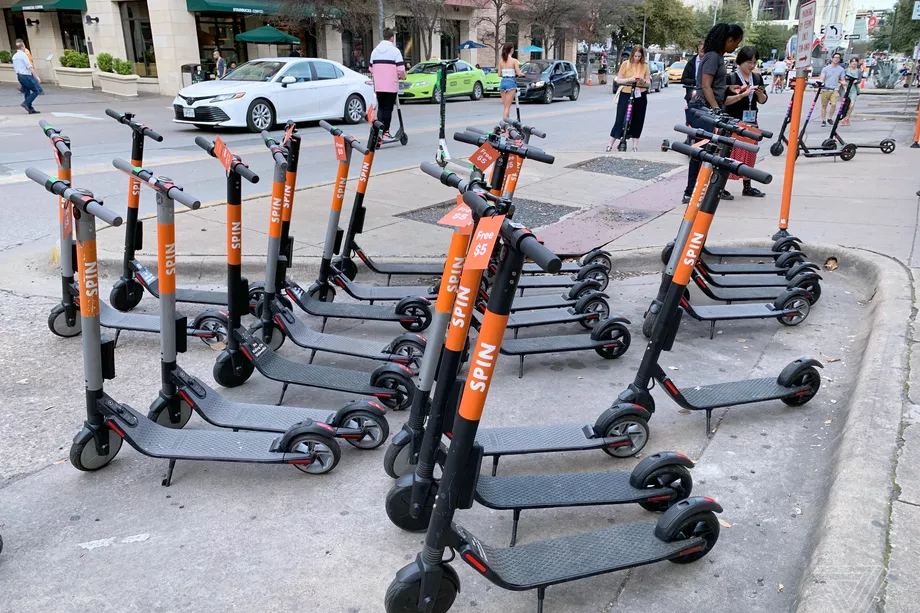THE HUB 6/14/19: CLEAN AIR COUNCIL’S WEEKLY ROUND-UP OF TRANSPORTATION NEWS

“The Hub” is a weekly round-up of transportation related news in the Philadelphia area and beyond. Check back weekly to keep up to date on the issues Clean Air Council’s transportation staff finds important.
WHYY: Report: Congestion costs Philly $152 million a year – SEPTA recently released a study that found congestion costs residents 9.7 million hours of delays or $152 million dollars a year. WHYY reports that, “cars experience an average delay of 28% between Monday and Friday while SEPTA buses experience an average delay of 77%—nearly three times more,” raising equity concerns.
Philly Mag: City to Step Up Ticketing of Bus-Lane Blockers Along Chestnut and Market Streets – Targeted traffic enforcement expanded this month in Center City focused on drivers blocking travel lanes. As congestion has increased over the past couple of years, City Hall has looked to enforcement as a solution to increasing travel times. Increased ticketing in 2018 resulted in thousands of citations and a decrease in bus travel times.
StreetsBlog: Don’t Blame ‘Distracted’ Pedestrians for Rising Death Toll – Seniors, low-income residents, and immigrants make up a disproportionate share of pedestrians killed in crashes, not your average millennial checking their favorite comedian on Twitter. Victim blaming is not the solution to bad road design. Dangerous, ill-designed wide and high-speed roads such as Roosevelt Boulevard are responsible for the sharp incline in pedestrian deaths, not ‘distracted pedestrians.’
Medium: Learning from Uber and Lyft: The Case for Passenger Experience in Transit – Shorter waits and travel times are the main reasons people give when asked why they use Uber or Lyft over public transit. “Despite these perceptions, actual time savings from [Uber and Lyft] were not always significant.”
The Verge: US cities are joining forces to figure out what the hell to do with all these scooters – Philadelphia along with 13 other cities have come together to form the Open Mobility Foundation. The coalition’s focus is to create best practices for micro-mobility companies, including “improving safety; making sure dockless vehicles are equitably distributed across cities; ensuring scooters aren’t blocking the sidewalks or generally effecting the quality of life in cities; analyzing terabytes of data produced by scooters; and guaranteeing the privacy of scooter riders is protected.”

